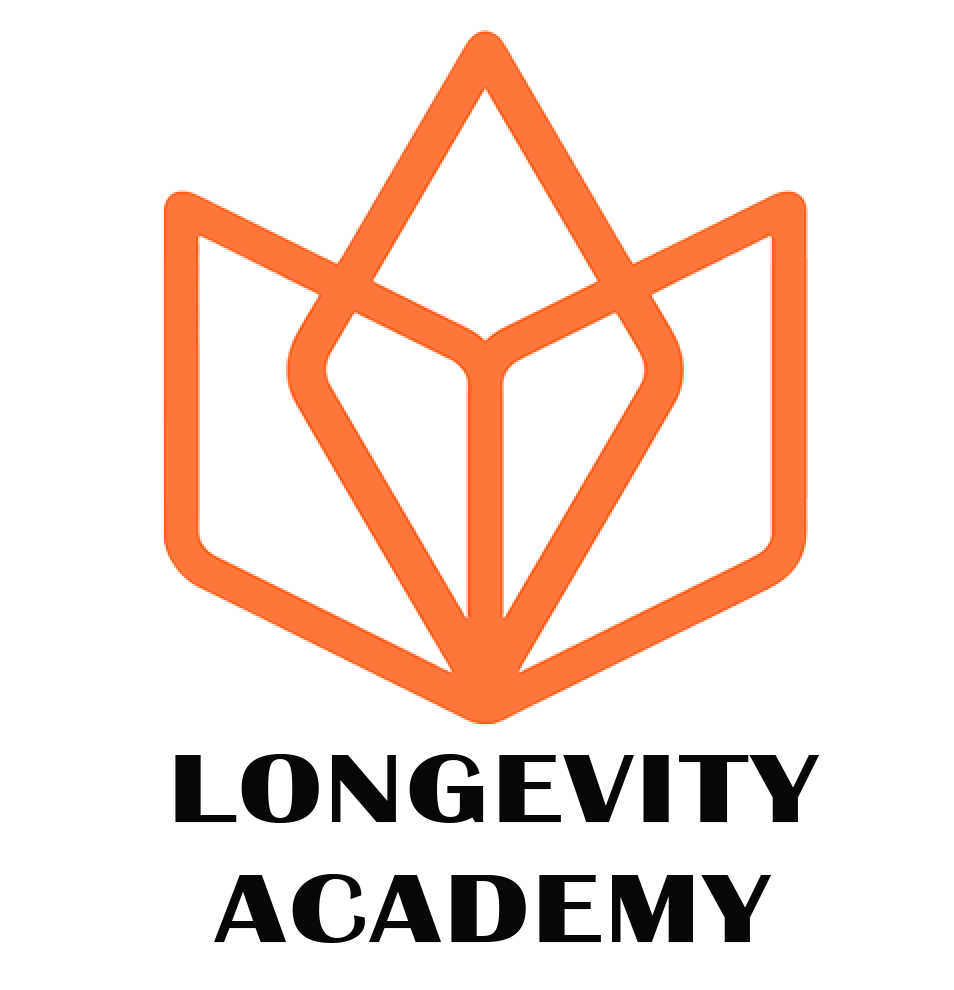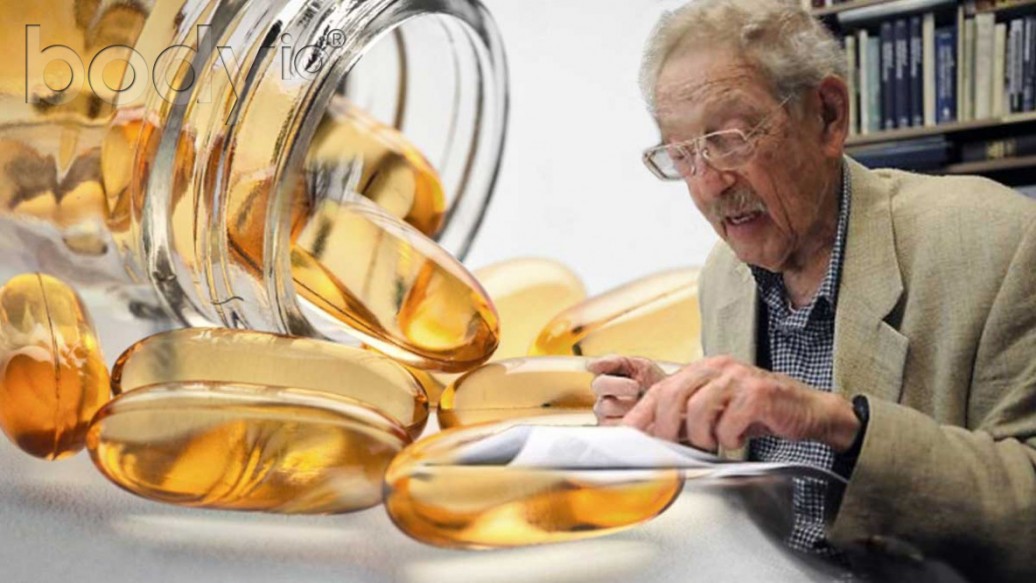Top Brain Health Supplements
Dosages, the Science & a Ranked Importance Guide.
Why this topic matters
As people live longer, concerns about cognitive decline, memory loss and dementia increase. Many turn to over‑the‑counter supplements promising to “boost brain health,” “sharpen memory,” or “delay Alzheimer’s.” However:
- A review from the Global Council on Brain Health found that although many adults take “brain health” supplements, there is insufficient evidence that any ingredient prevents, slows or reverses cognitive decline in healthy adults. (AARP)
- The Harvard Health Publishing article states: “There is no solid proof any of them [brain health supplements] work.” (Harvard Health)
- A systematic review of dietary supplement ingredients concluded that while research exists, the bulk of it does notsupport strong effects on cognitive performance in healthy adults. (PubMed)
So: if you’re healthy and already nutritionally replete, supplements may not add much. But if you have a deficiency, or increased risk (e.g., older age, vascular risk factors, poor diet), then some nutrients might matter more.
Ranking: Supplements by Importance for Brain Health
Here’s how they rank from highest to lowest priority, along with why, dosage guidance (where applicable), summary of the evidence, and caveats.
1. Omega‑3 fatty acids (EPA & DHA)
Why priority #1? Moderate evidence suggests diets rich in omega‑3 fatty acids are linked to better brain health and slower cognitive decline; supplementation is one of the more plausible strategies.
Typical dosage: Many supplement protocols use ~ 1 g to 2 g of combined EPA+DHA per day (sometimes more in studies, e.g., 2‑3 g).
What the research says:
- A systematic review: “Brain Health across the Lifespan: A Systematic Review on the Role of Omega‑3 Fatty Acid Supplements” found meaningful associations and plausible mechanisms (anti‑inflammatory, membrane fluidity, neuronal signalling) for omega‑3s. (MDPI)
- However: efficacy in well‑nourished, healthy older adults via supplementation is still not guaranteed; many trials show mixed or null results.
Caveats: High doses may interact with anticoagulants; quality of fish oil matters; obtaining EPA/DHA from fatty fish has additional benefits (whole‑food matrix).
Summary: Probably the best bet among “brain health supplements,” especially if your diet is low in fatty fish.
2. B‑vitamins (notably folate/B9, B12, B6)
Why priority #2? Because B‑vitamin deficiency is clearly linked to cognitive impairment; supplementation may benefit those who are deficient.
Typical dosage: Depends on specific vitamin; some trials use folic acid ~ 0.8‑1 mg/day, B12 ~ 500–1000 µg/day, etc. But routine high‑dose supplementation in non‑deficient individuals is not established.
What the research says:
- The National Center for Complementary and Integrative Health states that short‑term studies found no benefit on cognition for B‑vitamin supplementation in older adults with or without dementia. (NCCIH)
- A meta‑analysis of 95 studies (12+ mo) suggested B‑vitamin supplementation may slow cognitive decline, particularly if started early and in those with elevated homocysteine. (NCCIH)
Caveats: If you already have normal B‑vitamin status and low homocysteine, benefit may be minimal. High doses of pyridoxine (B6) have neurotoxicity risks. (NCCIH)
Summary: Important for those with deficiency or elevated homocysteine. Less clear benefit for everyone else.
3. Creatine
Why priority #3? Emerging evidence suggests creatine, known for muscle health, may support brain energy metabolism especially under stress, sleep deprivation or aging.
Typical dosage: Many use 3–5 g/day of creatine monohydrate for general use; higher “loading” doses (~20 g/day for 5 days) sometimes used in muscle studies. For brain effects short‑term higher doses (~10–20 g) have been studied but data is limited.
What the research says:
- A recent review indicates creatine may help with memory, processing speed, attention in stressed or sleep‑deprived individuals; but for healthy well‑rested young people effects are smaller. (News source) (TIME)
Caveats: Less brain‑specific data than for omega‑3/B vitamins; kidney issues need caution; brain‑penetration and long‑term cognitive outcomes not fully known.
Summary: Promising as a “bonus” supplement especially if your brain energy metabolism might be challenged (aging, sleep loss, stress) — but not yet first line.
4. Multivitamin / Broad nutrient coverage
Why priority #4? Rather than focusing on one nutrient, ensuring adequate broad micronutrients may support brain health indirectly by supporting overall health (vascular, metabolic, immune).
Typical dosage: Follow label; e.g., in one study participants used a commercial multivitamin daily for 3 years. (Harvard Health)
What the research says:
- A randomized trial (average age ~73) found that multivitamin use improved overall brain function (memory, executive function) compared to placebo over 3 years. (Harvard Health)
- But generalization is limited; this is one trial, older adults mostly white, and doesn’t guarantee prevention of cognitive decline.
Caveats: If your diet is already nutrient‑rich, adding a multivitamin may yield minimal incremental benefit. Supplements are not a substitute for a healthy lifestyle.
Summary: A reasonable “insurance” approach, especially for older adults or those with suboptimal diet.
5. Curcumin (and other antioxidant/anti‑inflammatory compounds)
Why priority #5? Throughout aging, oxidative stress and inflammation are implicated in brain ageing. Curcumin (from turmeric) and other polyphenols have plausible mechanisms.
Typical dosage: Studies vary widely; e.g., 500–1000 mg curcumin extract per day (with piperine) is common in research.
What the research says:
- NCCIH mentions curcumin is safe for most adults and may have neuroprotective effects but it stops short of recommending it for cognition. (NCCIH)
- Some observational and small interventional studies suggest benefit (e.g., improved memory or attention) but large RCTs in healthy populations are lacking.
Caveats: Bioavailability is a major issue; supplement quality matters; high doses over long time have limited safety data.
Summary: Might be useful as adjunctive support (especially if diet is low in polyphenols) but less proven than the top 3.
6. Other “brain‑boosting” supplements (e.g., Ginkgo biloba, phosphatidylserine, Bacopa monnieri, Rhodiola)
Why priority #6? These are frequently marketed for memory/cognition. They may have some useful effects in specific contexts (e.g., mild cognitive impairment, stress) but overall evidence for healthy populations is weak.
What the research says:
- A systematic review of dietary supplement ingredients (for healthy adults) found ingredients such as Bacopa, choline, creatine, omega‑3 fatty acids, Ginkgo, ginseng, Rhodiola had some studies but variable and limited effect sizes. (PubMed)
- Large‑scale studies (e.g., for Ginkgo) did not support prevention of dementia in older adults with normal cognition. (Harvard Health)
Caveats: Quality of supplements, standardization, trial heterogeneity make interpretations difficult. Also many positive findings are small, short‑term, or in non‑healthy populations.
Summary: These may be considered “experimental” or low‑priority unless there is a specific indication (e.g., mild cognitive impairment, high stress). Not foundational.
How to interpret this in practice
Given the above ranking and evidence, here are some practical take‑aways:
- First, fix the foundations: healthy diet (lots of fatty fish, vegetables/fruits, whole grains), physical exercise, good sleep, cardiovascular health, avoid smoking. Supplements are supportive, not replacements.
- Check nutrient status: If you have low levels of B12, folate, omega‑3 index, or other deficiencies, correcting those is high priority.
- Use supplements intelligently: For example, if your diet is very low in fatty fish, an omega‑3 supplement makes sense. If you rarely take servings of vegetables/fruits you may benefit from multivitamin/micronutrient coverage.
- Avoid expecting miracles: The evidence shows that many supplements marketed for “memory” or “brain health” simply don’t live up to hype in healthy individuals. (see reviews above)
- Quality and safety matter: Supplements are not as tightly regulated as drugs. Some may contain contaminants, inaccurate doses, or interact with medications. (AARP)
- Duration matters: Many beneficial trials last years, not weeks. Some nutrients may slow decline rather than “boost up” performance.
- Individual tailoring: Age, diet, genetics, vascular risk, deficiency status all modify how much benefit you might see.
Key study references summary
- Nutrients review on omega‑3: Derbyshire E. “Brain Health across the Lifespan: A Systematic Review on the Role of Omega‑3 Fatty Acid Supplements.” Nutrients 2018;10(8):1094. (MDPI)
- NCCIH summary on supplements and cognition: “Dietary Supplements and Cognitive Function, Dementia, and Alzheimer’s Disease: What the Science Says.” (NCCIH)
- Systematic review of supplement ingredients for healthy adults: “Dietary Supplement Ingredients for Optimizing Cognitive Performance Among Healthy Adults: A Systematic Review.” PMC. (PubMed)
- Harvard/Health article: “Can a multivitamin keep your brain healthy?” Harvard Health Blog. (Harvard Health)
Final thoughts
While the idea of a “brain‑boosting pill” is appealing, current science suggests:
- The best return on investment is ensuring you meet basic nutritional needs (especially omega‑3s, B‑vitamins) and maintaining a lifestyle conducive to brain health (diet, exercise, sleep, vascular health).
- For many “brain health” supplements beyond that, evidence is modest at best — and in many cases, nonexistent for prevention of dementia in healthy adults.
- If you choose to supplement, do so under guidance (e.g., doctor, dietitian), choose high‑quality products, monitor response, and avoid viewing supplements as a substitute for lifestyle.
To learn more about brain health, take a look at The Brain Regain, our partner company. They offer the KISS Brain Regain Course and Community: https://www.mybrainregain.com/
To get the best brain health supplements, visit our partner, LIFE EXTENSION

